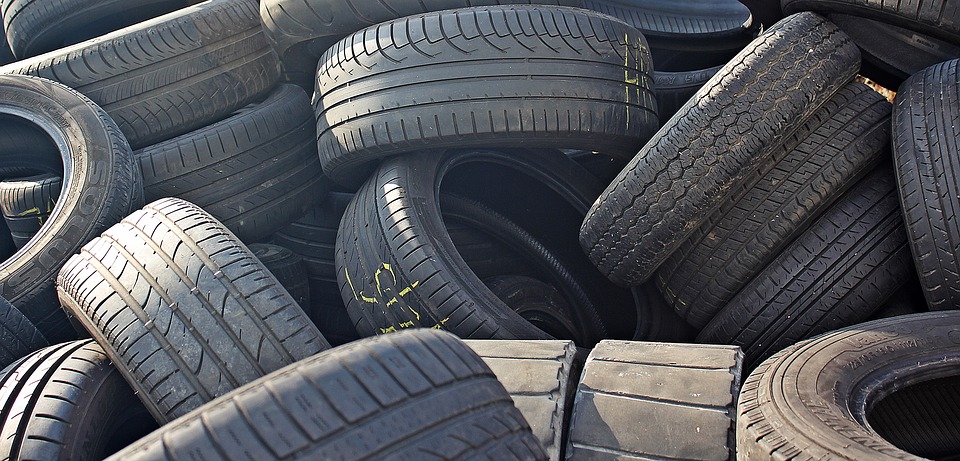What Are Radial Tyres
You may, or may not, have heard about radial tyres. But, here at Longbridge Tyres – we love them, so we thought we’d clear up the difference between radial and cross-ply since it is certainly something we are asked about.
Radial Tyres
Radial tyres are a modern choice. Being invented in 1946 by Michelin, although the first patent was filed in 1915, this rendition swiftly overtook its predecessor.
A radial tyre is constructed of cord plies directed at 90 degrees to the direction of travel. These chords are reinforced, and interlayered, with rubber and steel. This construction took away the emphasis of previous designs, which wrapped around the whole tyre carcass.
The construction of radial tyres allows for the tread and walls to act more independently than the cross-ply tyres that came before, meaning they are less rigid and absorb more of the inconsistencies of road surfaces. More benefits of radial tyres include an increased area of contact with the road, because of this flexibility, and improved fuel efficiency because of a greater energy transfer from the machine to the road surface.
The main flaw of radial tyres are the softer walls, which can allow for damage from contact with kerbs.
Cross-ply Tyres
Cross-ply, or bias, tyres replaced the use of complete-rubber tyres in the late 1800s because of their improved strength and durability. This rigidity, however, means less of the tyre comes into contact with the road and bumps are less-easily absorbed.
Cross-ply tyres are cheaper to produce than radial tyres and possess stronger sidewalls that are less susceptible to damage from contact. What’s more, their rigidity allows for increased stability of vehicles as there is less give in this form of tyres.
The high resistance of cross-ply tyres does, however, lead to reduced fuel consumption and a greater chance of overheating.
In conclusion, as is true with almost every product, the innovation radial tyres brought to the automotive industry is the main justification for its proliferation – growing to 100% market share in North America in 1968.
If you would like to hear more about our tyre-related services, please contact us by calling 0121 457 7582 or filling out our simple contact form.



 Aug 3,2017
Aug 3,2017 Sw_sbz
Sw_sbz




